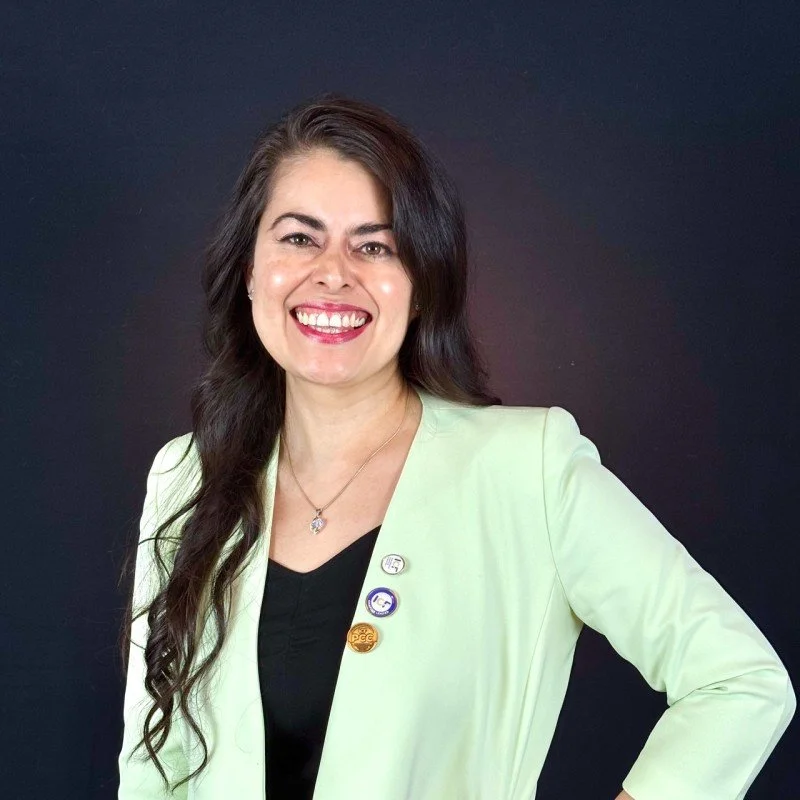Essential SuperVision
Professional Maintenance for Coaches

Essential SuperVision
Professional Maintenance for Coaches
Whether you're building confidence in your first 200 hours or stretching into new territory as an experienced practitioner, supervision provides the professional hygiene that keeps you sharp, ethically aligned, and energised by your work.
The EMCC recommends a minimum of four hours of supervision a year and one hour of coaching supervision per 35 hrs of coaching.
This isn't about fixing problems - it's about staying fresh, maintaining standards, and continuing to grow through reflective practice with expert guidance.
4 × 60-minute 1:1 supervision sessions scheduled flexibly over 12 months. Book all four sessions in advance for structured development, or schedule when you encounter something you would like to explore in supervision.
Monthly check-in emails with focused questions to support reflection on your coaching, e.g. What ethical considerations surfaced? What coaching relationship stretched you? What would you like to explore in supervision?
Simple 4-question preparation framework to help you bring meaningful cases for exploration and start the reflection ahead of our call
Professional development that counts: ICF CCEUs awarded for each supervision hour (up to 10 per credential renewal)
Commit with confidence after experiencing the value of our first SuperVision session
Accessible fees: Introductory rate of £495+VAT for the complete package for the first 5 coaches to sign up. Full price £995+VAT

“Supervision has transformed my coaching and helped me grow in ways I didn't realise I needed… I've gained new clarity on ethical boundaries, reflected on my own challenges, and discovered insights that have hugely helped my client work. My confidence has grown, and I'm now more relaxed and attuned to who I'm here to serve.”
- Blaise Boulton, ACC, United Kingdom

“Richard creates a space with psychological safety and profound kindness for creative, reflective conversations about dilemmas, doubts, and challenging experiences. Each session helps me appreciate my own journey as a coach. These learnings strengthen my mindset, presence, and my being a coach, for the benefit of my clients and the coaching profession.”
- Paola Guerra, PCC, Mexico
Begin this supervision journey with a simple process designed to fit your professional rhythm. Here are the steps to get started:
Book an initial conversation to explore what you are looking for and any questions you may have.
Receive a welcome email with reflection prompts, a supervision agreement, and a scheduling link.
Book and experience a supervision session to explore if this approach fits your practice.
Confirm your commitment by making payment for the supervision package.
Continue to receive monthly reflection prompts and schedule your remaining SuperVision sessions to suit your needs and rhythm over the next 12 months.
Notice the impact of ongoing reflective support on your coaching practice.
All sessions follow ICF/EMCC confidentiality standards, and you may request a refund for unused sessions at any time.
Not at all. Supervision works best as ongoing professional maintenance—exploring successes, ethical considerations, presence challenges, or simply reflecting on your coaching relationships and growth.
Yes. You receive 1 ICF CCEU per hour of supervision, and you can apply up to 10 supervision CCEUs toward each credential renewal cycle. Learn more about ICF supervision standards.
This approach works best for coaches who value gentle, reflective development over intensive remedial work, and who see supervision as ongoing professional growth rather than crisis management.